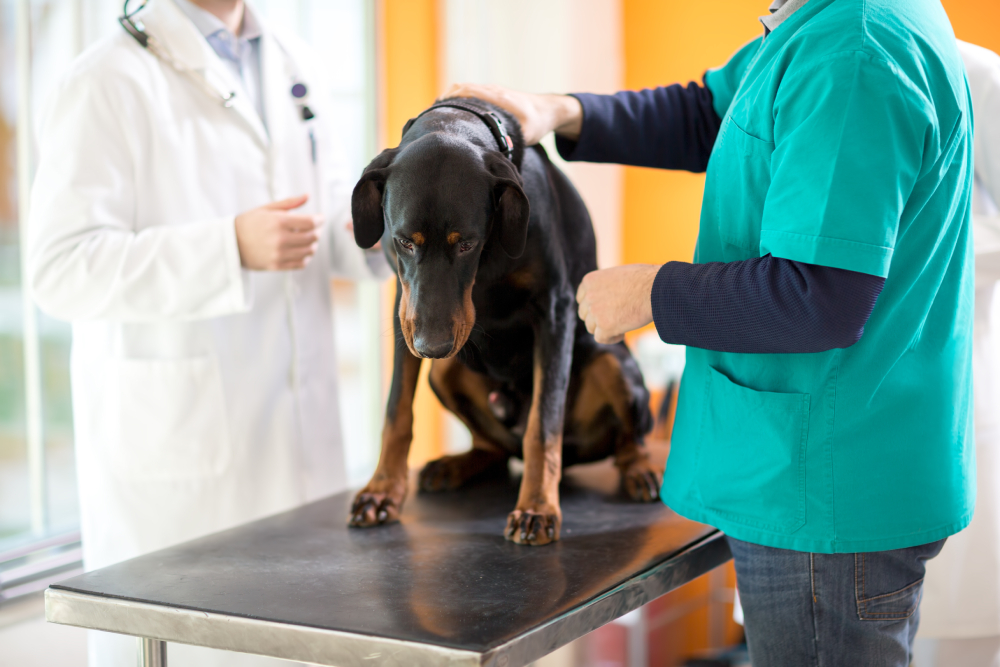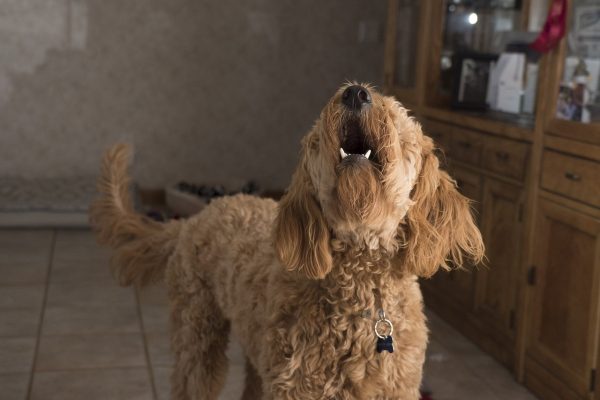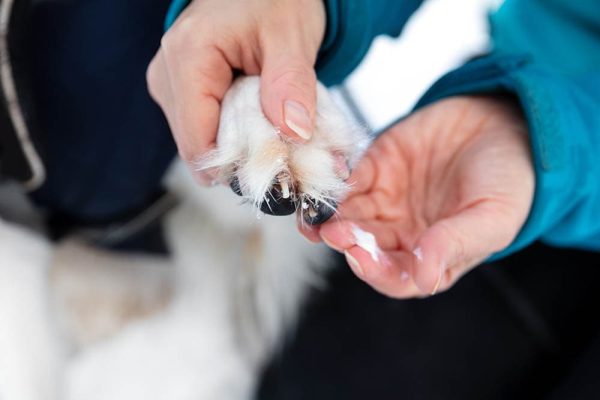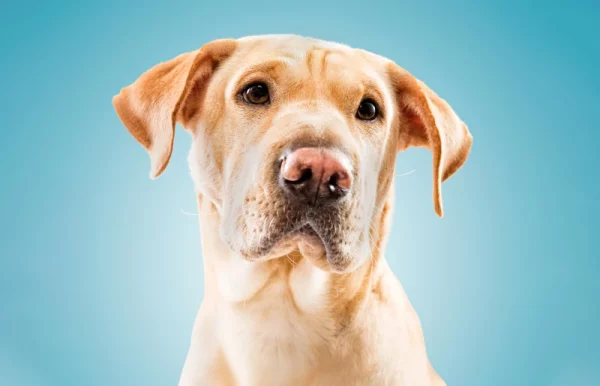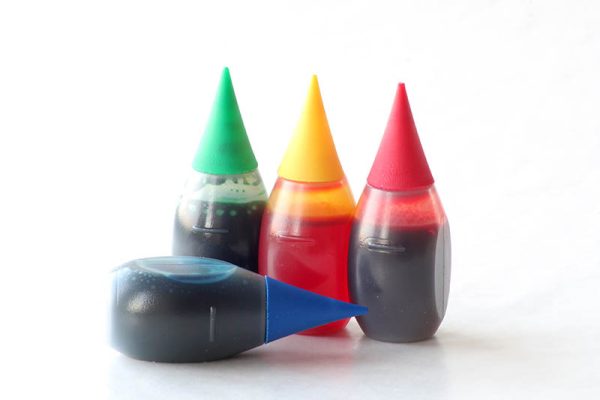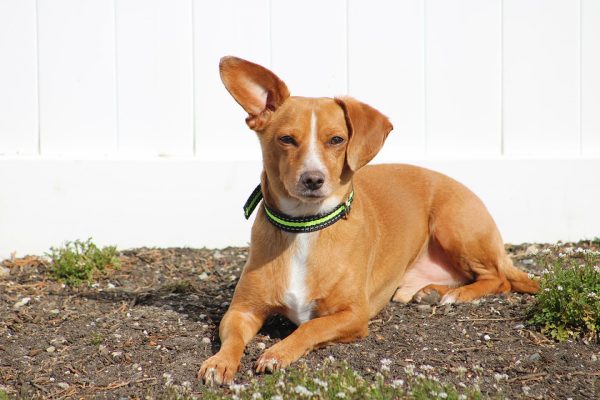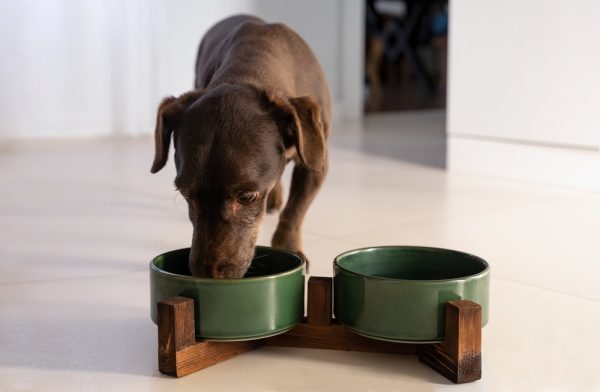In this article
View 3 More +Many dogs are known for exploring their environment with their mouth, some more than others. While a slobbery sock or partially chewed newspaper here and there is one thing, the ingestion of such materials is a serious issue.
Whether your dog has actually swallowed a foreign object or you’re just preparing for the inevitable, read on, as we go over the details regarding foreign object ingestion, including the signs that you may see, what a vet will do, and how you can support your pet’s veterinary care at home.
How Do I Know If My Dog Has Eaten a Foreign Object?
Most of the time, the first indication that your dog ate something not normally considered food is finding chewed bits of it around the house. For example, you may find pieces of a candy wrapper but not enough to put the whole thing back together again. This may not always be the case, though, as some dogs may consume the item in its entirety, leaving no trace.
- Not eating
- Vomiting
- Diarrhea
- Stomach pain
- Straining to defecate
Keep in mind that these signs may take a day or two to show up as the foreign object continues to sit in or slowly move through the digestive system.
Some dogs seemingly have “iron stomachs” that aren’t phased by any foreign object, no matter how big or unlike food it is. While these lucky pups may pass weird things on their own, that’s often not the case, and veterinary attention is needed—immediately. Otherwise, the foreign object can get lodged somewhere along the digestive line, potentially delaying or completely blocking the movement of products through the system. As you can imagine, this can lead to serious complications.
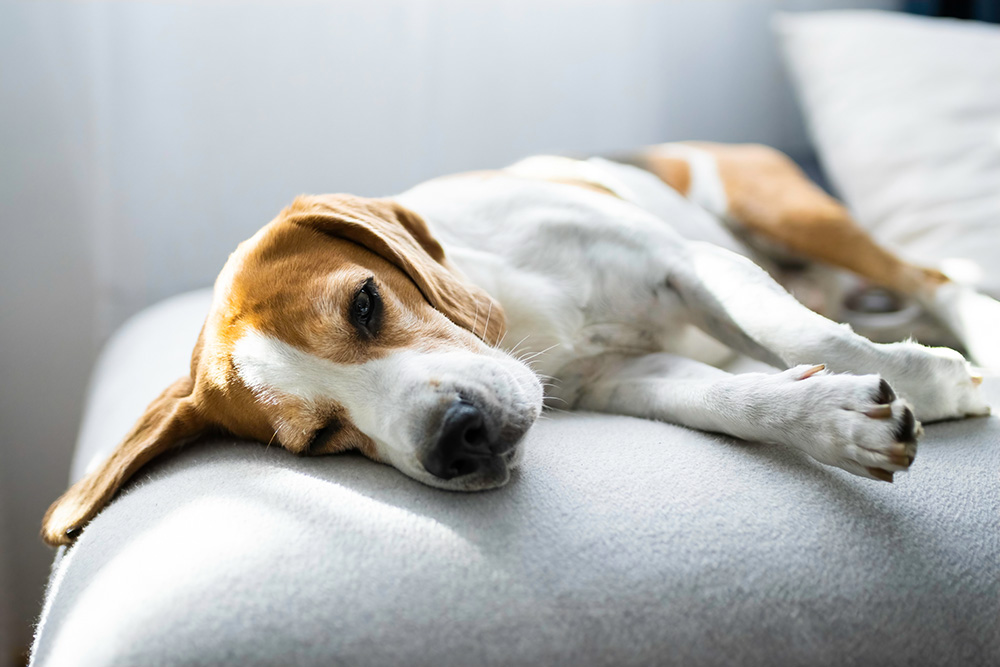
What Do I Do If My Dog Has Eaten a Foreign Object?
Don’t count on your dog being lucky with a stomach of steel; see a veterinarian instead. This is important no matter how big, small, soft, or hard the foreign object is. The vet can use X-rays or ultrasound to find where the foreign body is residing, its size, and what the treatment process should be.
Depending on the object, where it’s at, and the probability that it will move through, the vet may recommend emergency surgery to remove it. This is typically for large or potentially dangerous objects that can’t or shouldn’t move through the intestines. Time is of the essence, though, as sometimes, a foreign object can disrupt blood flow and lead to tissue death or puncture through the tract, causing bacteria and other dangerous debris to spill into the abdomen.
That said, some foreign objects will move through on their own. Still, you should let a veterinarian determine if this will happen and lead the way for treatment. This may include giving fluids and fiber to the pup to help move things through. A dog that has eaten a small or soft object may be monitored, typically hospitalized, until they have successfully passed the object. The vet can track the progress with imaging and treat any signs that your dog may show along the way.
Did you know you can speak to a veterinarian without having to travel? Just head over to PangoVet. It's our online service where you can talk to a vet online and get the advice you need for your pet — all at an affordable price!

What Can I Give My Dog to Help Them Pass a Foreign Object?
Since a dog eating a foreign object can have disastrous consequences, you never want to try treating it at home. Instead, consult a veterinarian first. They will be deciding whether surgery or monitoring is necessary. From there, they can tell you if hospitalization or watching them at home is best.
For things like swallowed elastic hair bands, the vet may check out your dog to make sure they aren’t showing any serious signs, check the progression of the bands, and then send your pet home with instructions for an increase in fiber and water consumption. They may request rechecks every day or so until the bands are successfully found in your dog’s poop.
Don’t give your dog anything or decide to monitor them on your own. Certain foreign objects can lead to obstructions, tissue death, or perforations of the digestive tract that can have a dire outcome. What you may think is harmless and will resolve on its own can instead be incredibly dangerous.
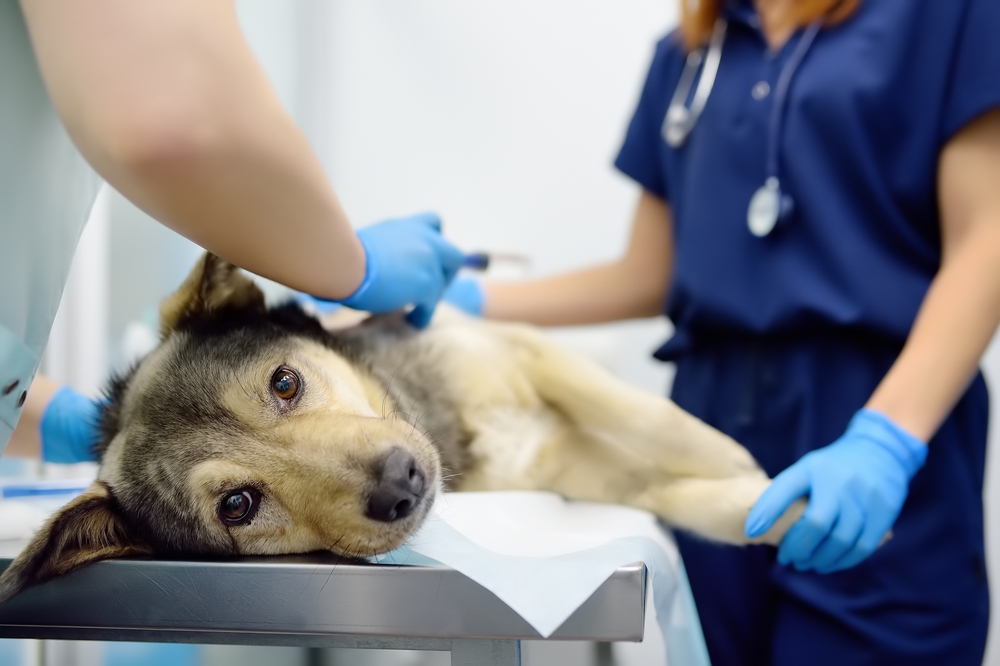
Frequently Asked Questions (FAQ)
How Long Does It Take a Dog to Pass a Foreign Object?
Most food completely passes through a dog within 8–12 hours, but that time can be delayed due to a foreign object, especially if it is large enough to get stuck. It’s not unheard of for certain foreign objects to take weeks or months to exit a dog’s body, if they do at all. So, you can’t assume that a foreign object that your dog ate one day will automatically come out the next.
Will Bread or Other Food Help a Dog Pass Something?
You may hear of feeding bread to your dog when they eat a foreign object. The idea is that the soft bread will create a padded wrapping around sharp objects like bone or wood pieces. Whether bread will help depends on the specific issue, so you need to talk to a veterinarian before giving your dog anything that is “supposed” to help with a foreign object ingestion.

Conclusion
Foreign object ingestion can be a daily worry for owners of dogs that prefer to use taste over any of their other senses when exploring the world. While some foreign objects may pass on their own, others won’t and can actually cause severe consequences. Rather than trying to help your dog pass a foreign object at home, see a veterinarian as soon as possible. They can determine the best treatment, whether that includes surgery, hospitalization, or at-home monitoring.
Related Reads:
Featured Image Credit: Lucky Business, Shutterstock
